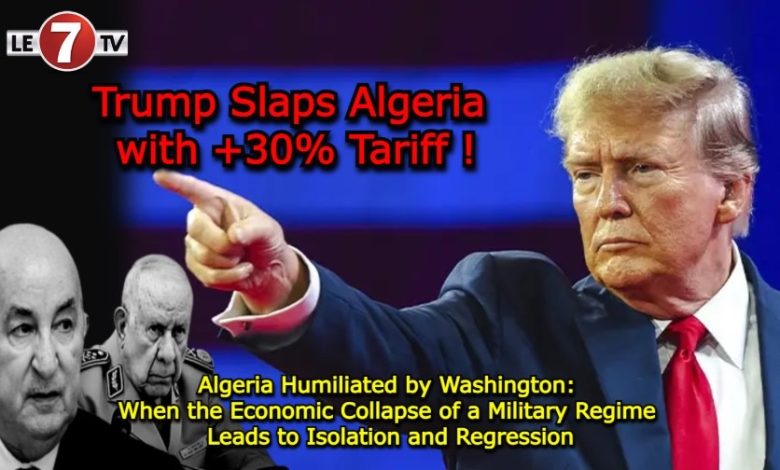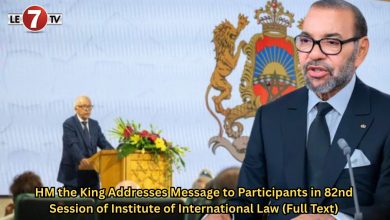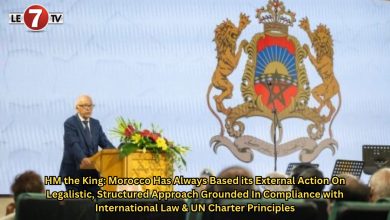Algeria Humiliated by Washington: When the Economic Collapse of a Military Regime Leads to Isolation and Regression
In a blunt and uncompromising move, U.S. President Donald Trump has placed Algeria on a new economic blacklist, announcing on Wednesday, July 9, a 30% surtax on the few Algerian products exported to the United States. A harsh blow, undoubtedly, but above all a strong signal sent to a regime sinking in the illusion of grandeur while its economy collapses in orchestrated silence from state-controlled media.

Algeria now joins the unenviable club of nations marginalized by the world’s leading economic power, alongside Libya, Iraq, and Moldova. In short, the Algerian regime—already on a path of authoritarian decline—is now classified among the world’s most fragile and unstable economies. Governed by a geriatric military junta with no vision or economic roadmap, Algeria is now paying the price for decades of catastrophic mismanagement, endemic corruption, and growing diplomatic isolation.
A Free-Falling Economy:
The numbers speak for themselves: rampant inflation, mass unemployment, brain drain, a collapsing dinar, and dwindling foreign reserves. Algeria’s hydrocarbon-dependent economy teeters at every shock to global oil markets. And as oil revenues dry up, no credible alternative has been put in place. Industry is moribund, agriculture abandoned, foreign investment non-existent. In this bleak landscape of economic disintegration, U.S. sanctions drive the final nail into an already sealed coffin.
Diplomacy of the Void:
Rather than right the ship, Algeria’s generals recycle their old playbook: pathological obsession with Morocco, geopolitical paranoia, dubious support for separatist movements, outdated anti-Western rhetoric. Anything to avoid addressing the real issue: their failed model of governance. The result? An Algeria turning inward, erasing the name of its neighbor from television broadcasts, and now slapped by the United States—not for ideological reasons, but for commercial logic that reveals the regime’s deepening marginalization.
A People Held Hostage by a Bankrupt Regime:
Behind this decision, it is above all Algerian businesses—already suffocated by bureaucracy and cronyism—that will suffer. It is the Algerian people, proud but hostage to their leaders, who see their opportunities for export, innovation, and global integration slip further away. While emerging nations build trade deals, free zones, and win-win partnerships, Algeria continues to operate like a closed military barracks.
A Regime That Turns Every Setback Into National Humiliation:
With this new surtax from Washington, the brutal failure of the Algerian regime is laid bare. By refusing to modernize the economy, silencing its youth, demonizing neighbors, and fleeing any honest dialogue with the international community, the military leadership has driven the country into a tragic dead end.
Rather than accept responsibility, the regime will surely fall back on its worn-out tropes: “Western conspiracy,” “foreign interference,” “attack on national sovereignty.” But the people are no longer fooled. They understand this surtax is a direct consequence of blind, authoritarian, and incompetent governance.
The World Moves Forward. Algeria Falls Behind:
While Morocco, Rwanda, Ethiopia—even Senegal—reform, invest, and thrive, Algeria clings to outdated slogans. In the modern economy, stagnation is punished. And the message from the U.S. is clear: nations that refuse to evolve will be sanctioned—not ideologically, but economically.
Today, Algeria is no longer a regional power. It’s not even a credible actor. It has become a liability to itself. And as long as this military regime continues to hijack the nation’s future, sanctions, humiliations, and isolation will only intensify.
Abderrazzak Boussaid/le7tv





